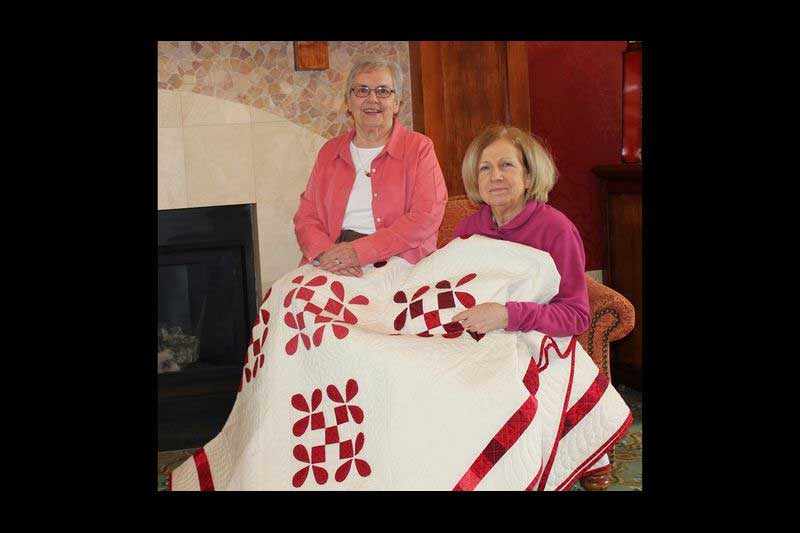Although often unnoticed or dismissed, ageism is widespread— especially in workplace environments. Many seniors report feeling undervalued, infantilized, and left out by coworkers and employers alike due to regular insensitive jokes and sub-par treatment. Between missed promotion opportunities and an overall disregard for elderly lived experiences, seniors have grown increasingly frustrated and defeated with ageist attitudes blocking their paths to success.
Unfortunately, ageism doesn’t stop in the workplace. Seniors encounter negative depictions of aging at every corner as anti-aging products grow in popularity and harmful assumptions fester without consequence. Fight ageism head-on and show support and advocacy to older folk in your life.
Destigmatize mobility issues and physical ailments in elderly populations
Although aging comes with unavoidable, natural, physical side-effects—like frail bones, body aches/pains, and reduced coordination— seniors can rise above and maintain independence through handy mobility aids. Because of ageist false assumptions, these outsiders looking in tend to stereotype seniors as incapable. However, the belief that old folks cannot maintain independence is inaccurate and outdated, as most seniors feel young at heart and lead well-adjusted full lives.
Unfortunately, mobility complications are often heavily stigmatized, making it difficult for seniors to navigate internalized ageism, leading to lower self-esteem and subsequent mental health concerns. In reality, mobility aids are not a sign of weakness but an indication of independence. With the use of mobility aids like a stand-up-straight walker, the possibilities are endless.
Recognize ageist tendencies
A critical step in deconstructing ageism is recognizing its existence in the first place. Unfortunately, ageist tendencies are normalized and accepted, meaning you may have been unintentionally ageist towards elderly individuals in your immediate social network. Although offhanded jokes about death, immobility, and memory lapses may seem funny at the moment, seniors on the receiving end often internalize harmful, untrue perceptions, adding to insecurities and deteriorating mental health.
Talk to elders in your life about age disparities, complications that come with getting old, and discrimination experienced to gain a firmer grasp on age-related struggles.
Practice inclusivity
Once you’ve recognized and come to terms with your ageist tendencies, begin practicing inclusivity wherever possible to rectify any unintentional damage caused. Call out once-humorous jokes, advocate for old folk in the workplace, and deepen connections with seniors in your life to practice complete inclusivity and understanding.
Treat elders with the same respect as your cohorts
An issue seniors often notice in everyday interactions is young folk’s tendency to talk down to or patronize them. Although aging can cause memory loss, physical ailments, and mental disabilities, many seniors experience symptoms irregularly and on a smaller scale. Avoid harsh assumptions about psychological and physical capacity, and instead, get to know the seniors in your life on a personal, deep level to understand their needs and feelings.
Spend quality time with seniors
Unfortunately, isolation is a familiar feeling among aging populations, specifically those who experience constant, belittling ageist comments. One way to combat feelings of loneliness and inadequacy stemming from ageism is spending quality time with senior loved ones. Spending valuable time getting to know elders can enrich your life through deeper connections and unique knowledge.
Empathy is key
To combat ageist attitudes in your professional and personal life, walk a mile in your senior’s shoes. A healthy dose of empathy and self-reflection will likely do the trick in altering your ageism-ridden vantage point.






